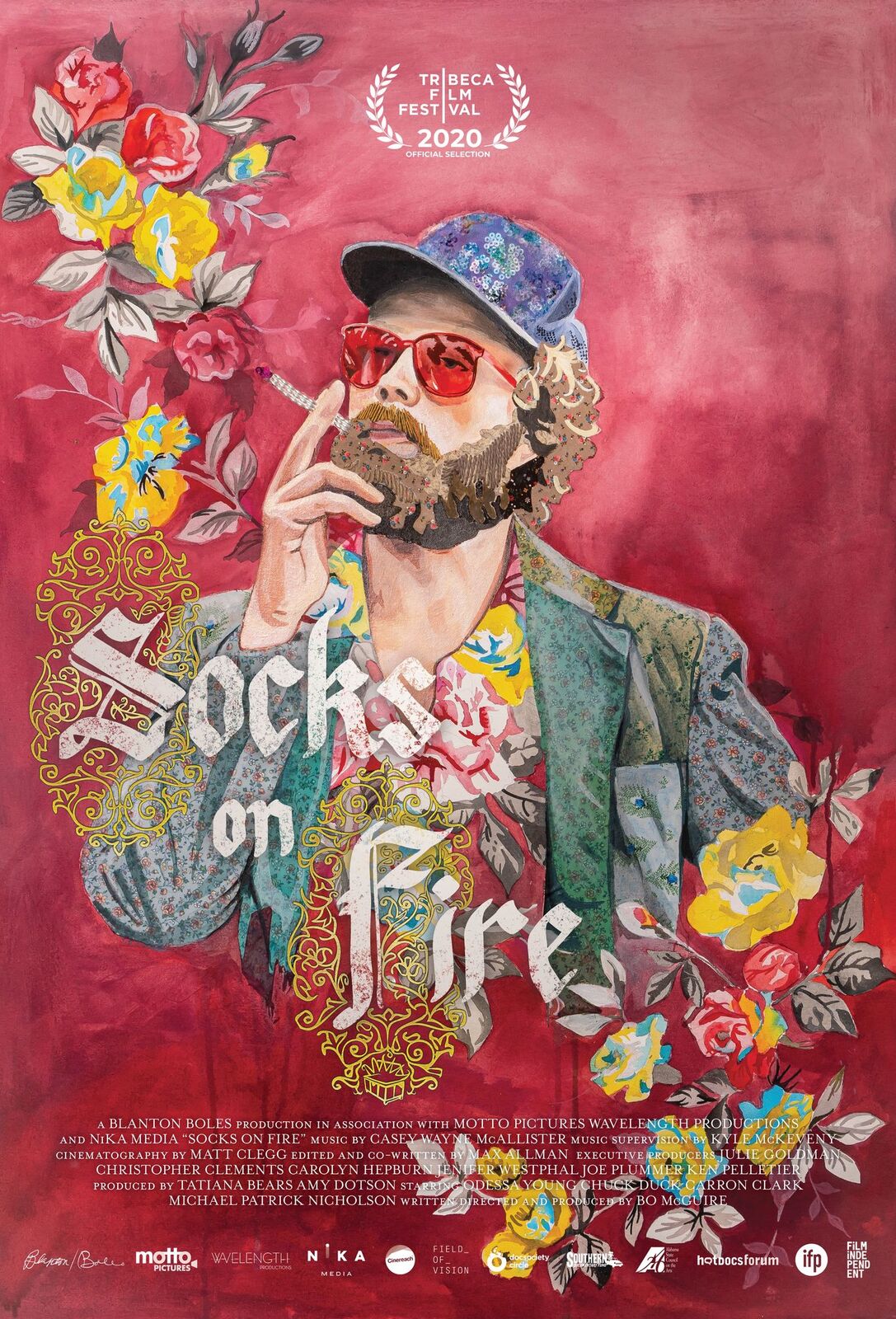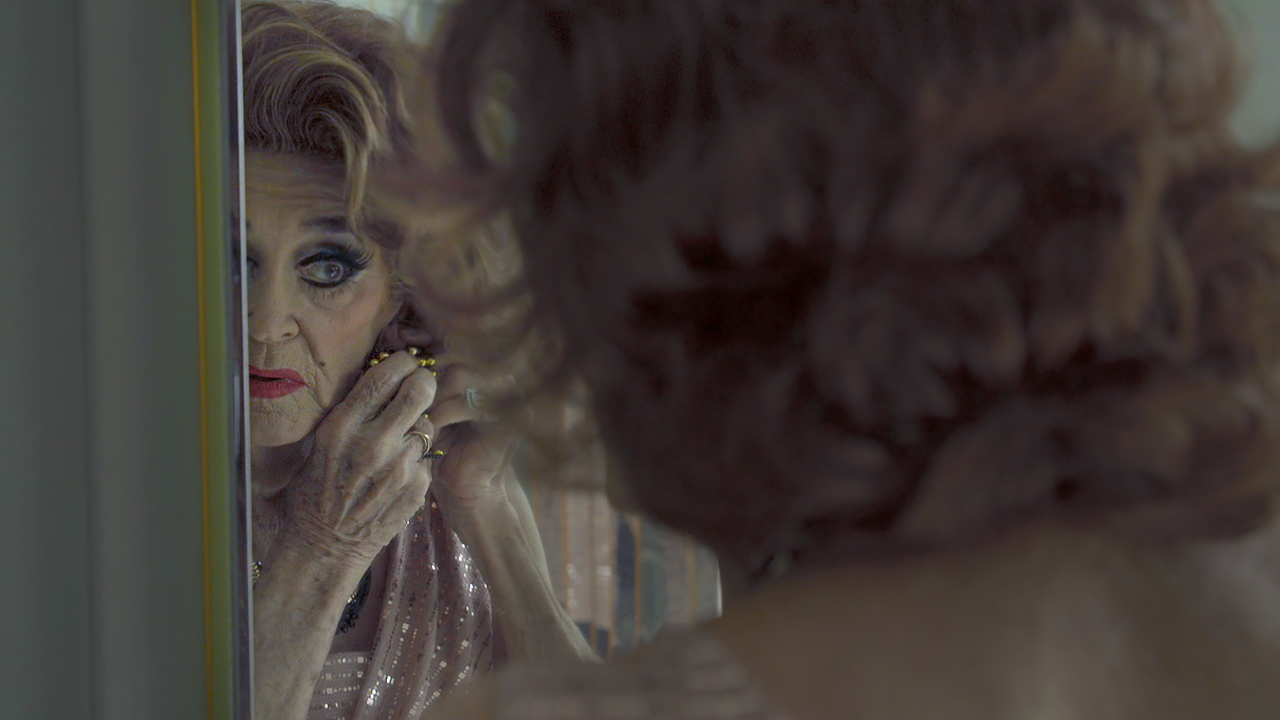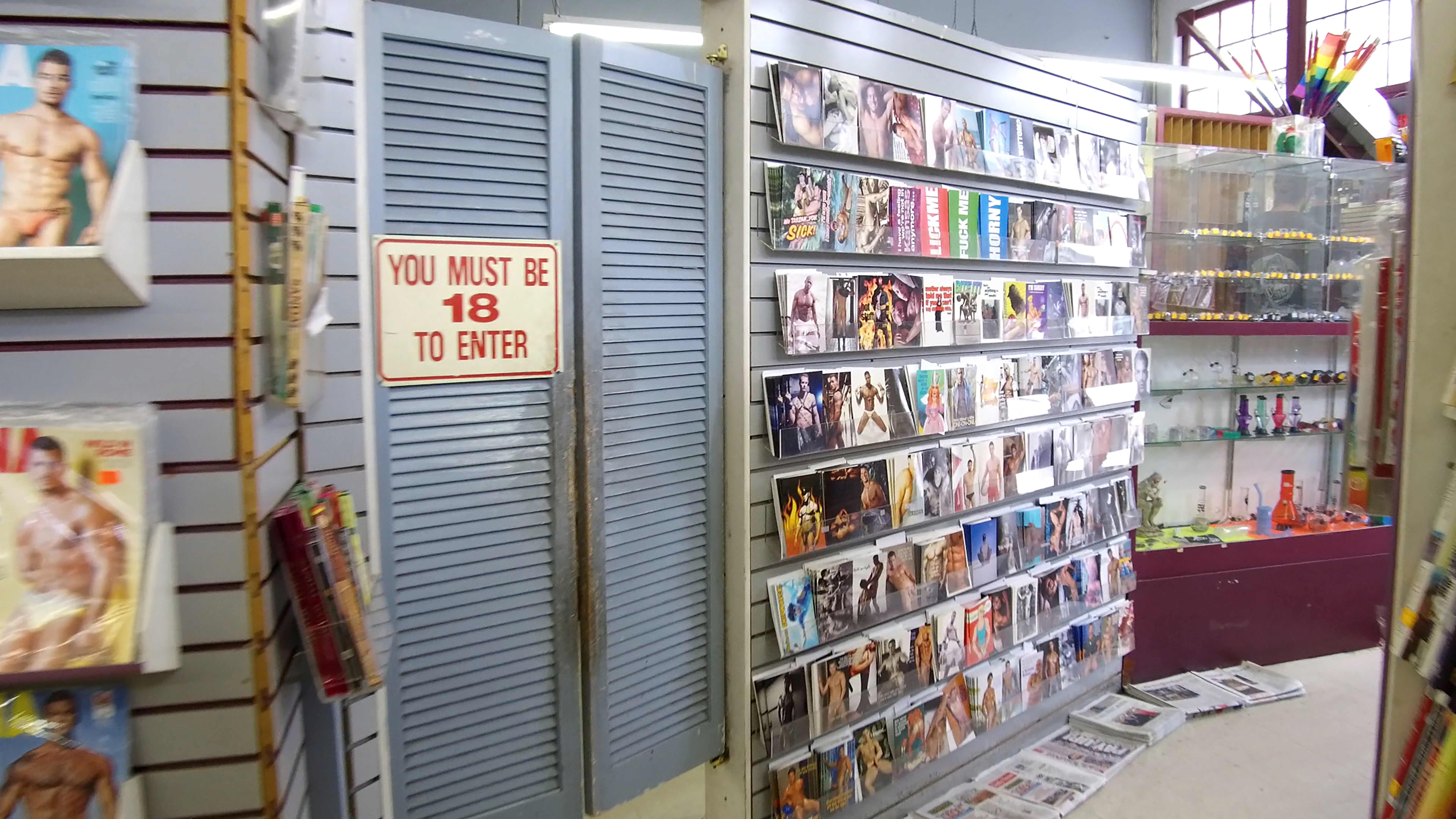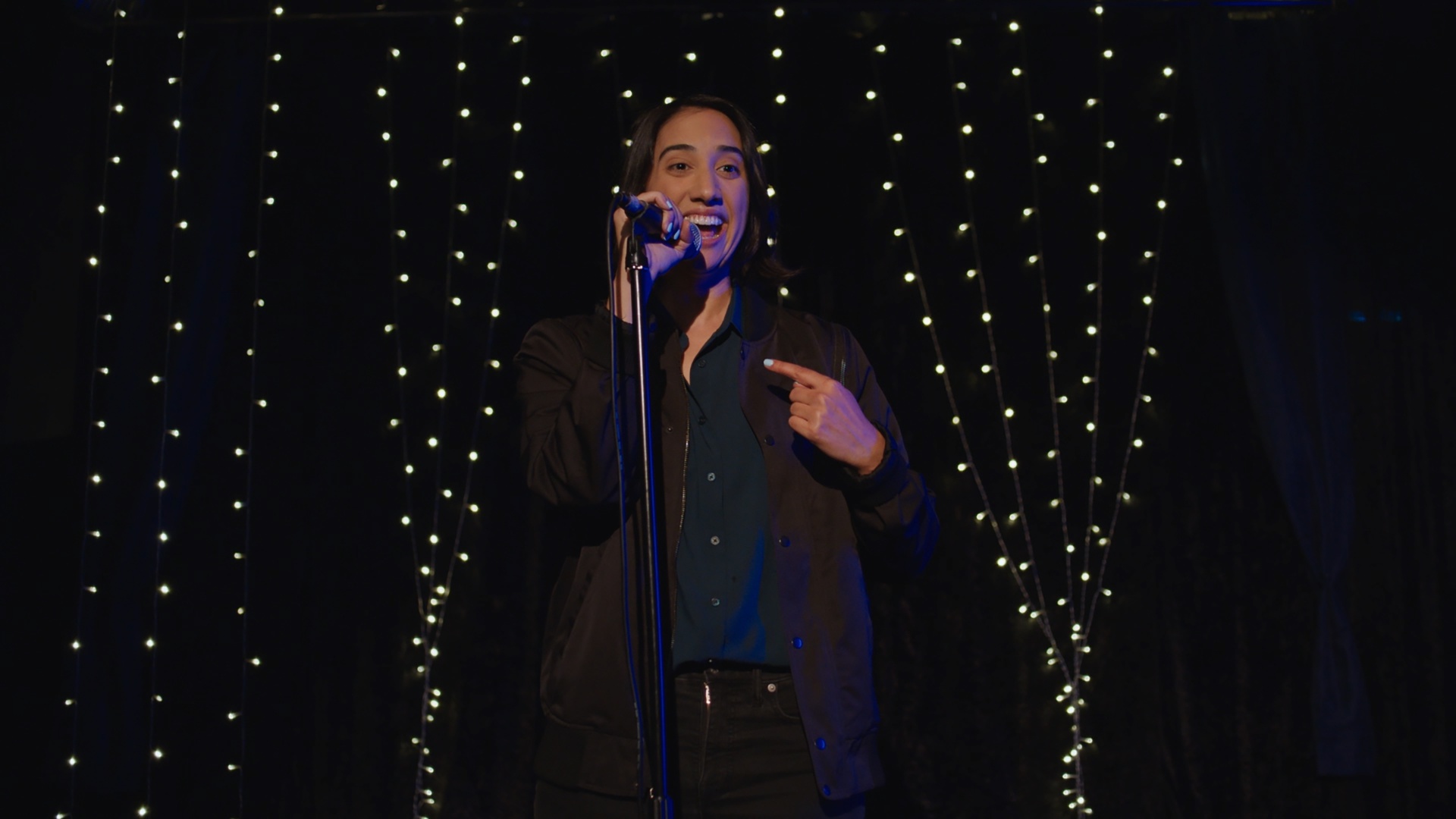
by Justin Lockwood | May 7, 2020 | Blog
Director Bo McGuire in the opening of Socks on Fire My early notes for Socks on Fire, Alabama-born director Bo McGuire’s unusual and personal documentary, are pretty harsh. “Bizarre,” I wrote after the opening few minutes, with elaborate tableaus of various...

by Justin Lockwood | Apr 29, 2020 | Blog
It’s rather poignant that I watched P.S. Burn This Letter Please on the day Heritage of Pride announced they were cancelling all Pride events in NYC. Sad news, to be sure, but Michael Seligman and Jennifer Tiexieria’s excellent documentary about a circle of drag...

by Justin Lockwood | May 22, 2019 | Blog
It was a banner year for LGBT documentaries at the Tribeca Film Festival, but even amidst a crowded field, Circus of Books was a standout. It takes a compellingly quirky story and presents it with grace, humor, and heart. Barry and Rachel in the basement...

by Justin Lockwood | May 15, 2019 | Blog
Julia Lindon in Lady Liberty This year’s Tribeca Film Festival Pilot Season features five different television pilots, and with one exception, they’re all terrific. The first is particularly exciting for LGBT audiences: Lady Liberty, starring Julia Lindon as...

by Justin Lockwood | May 14, 2019 | Blog
Rob & Linda Robertson Any LGBT individual who grew up religiously—and that’s many of us—knows what it’s like when your faith seemingly conflicts with your identity. That conflict is at the heart of Daniel Karslake (For the Bible Tells Me So)’s new...






